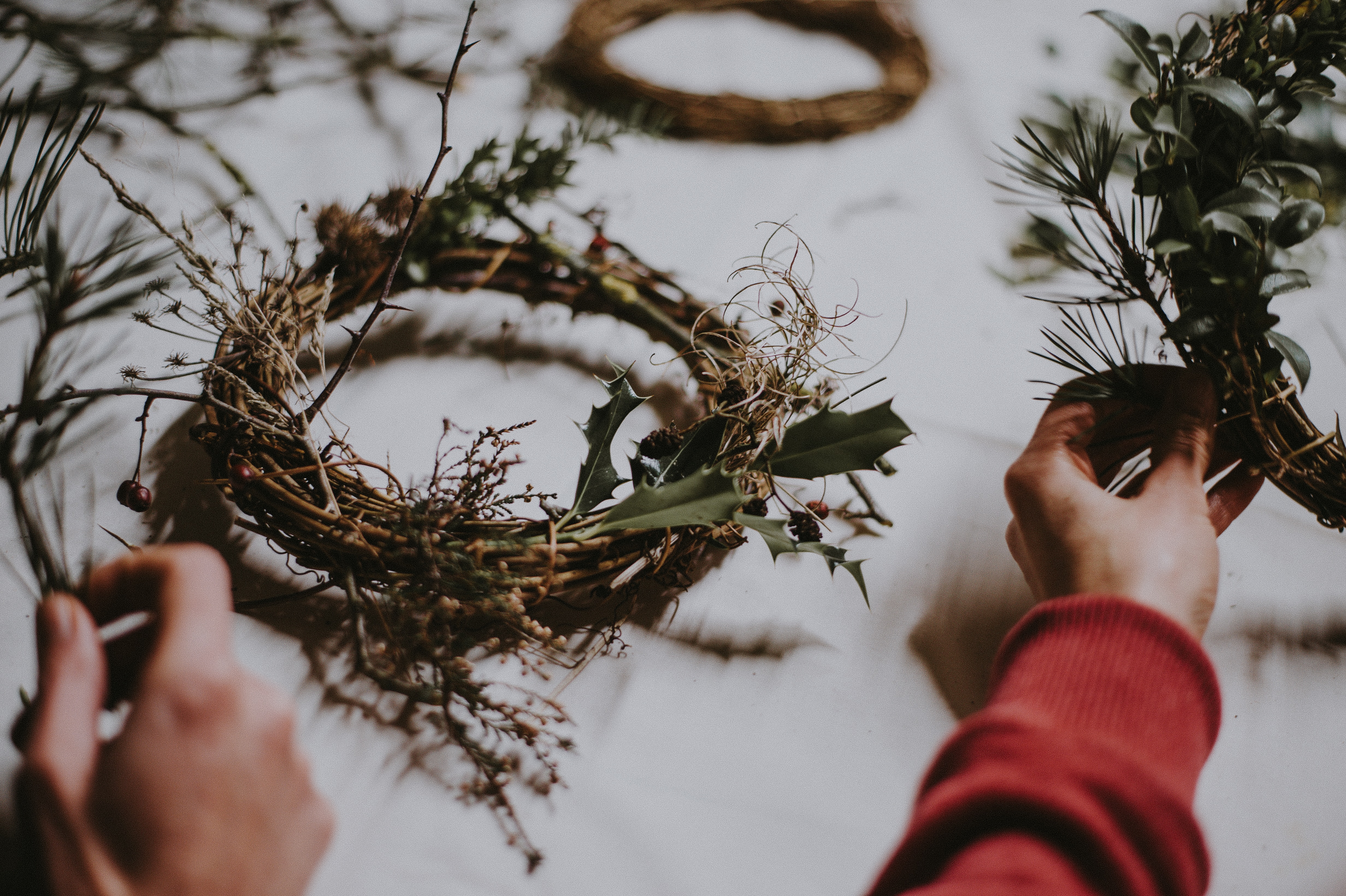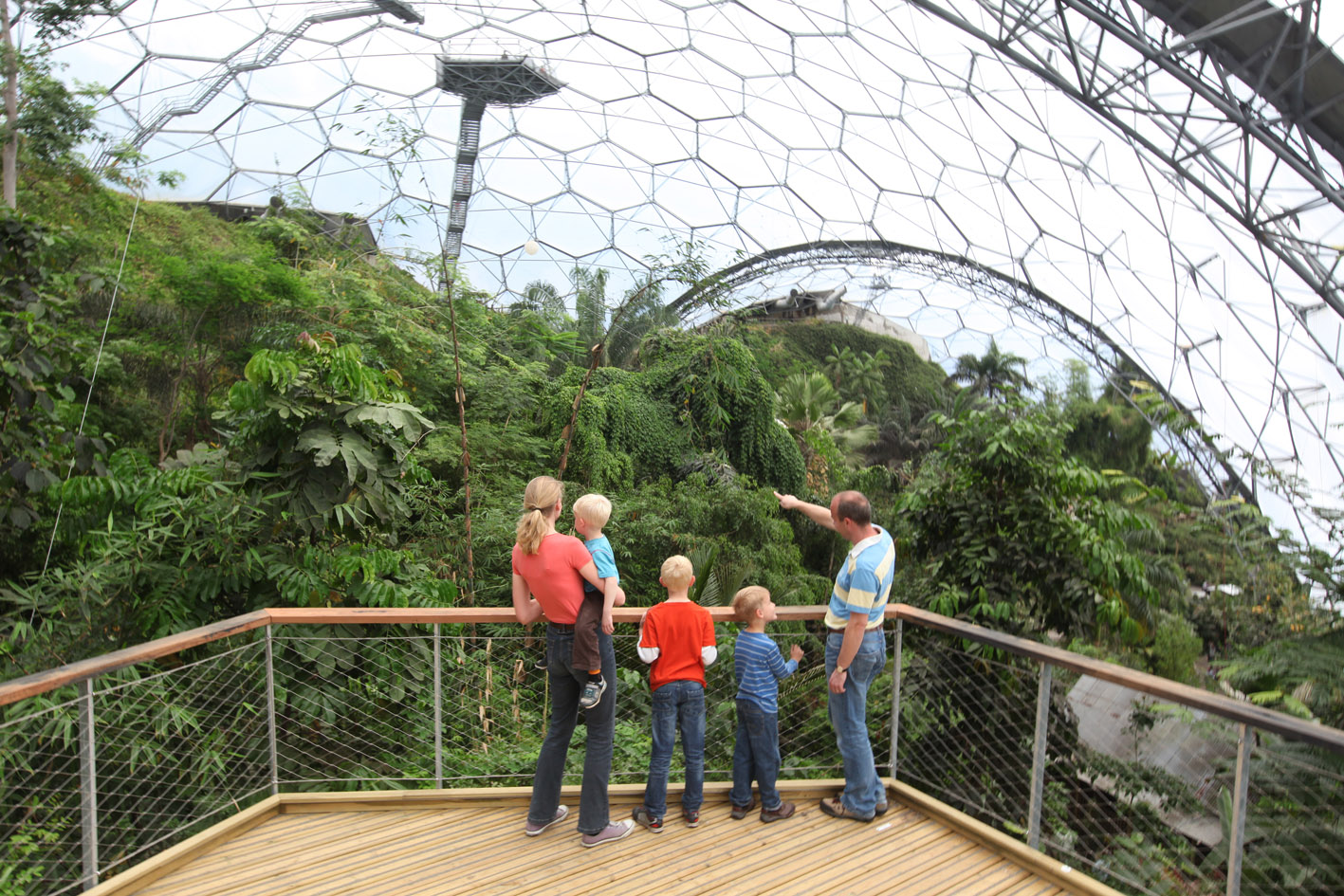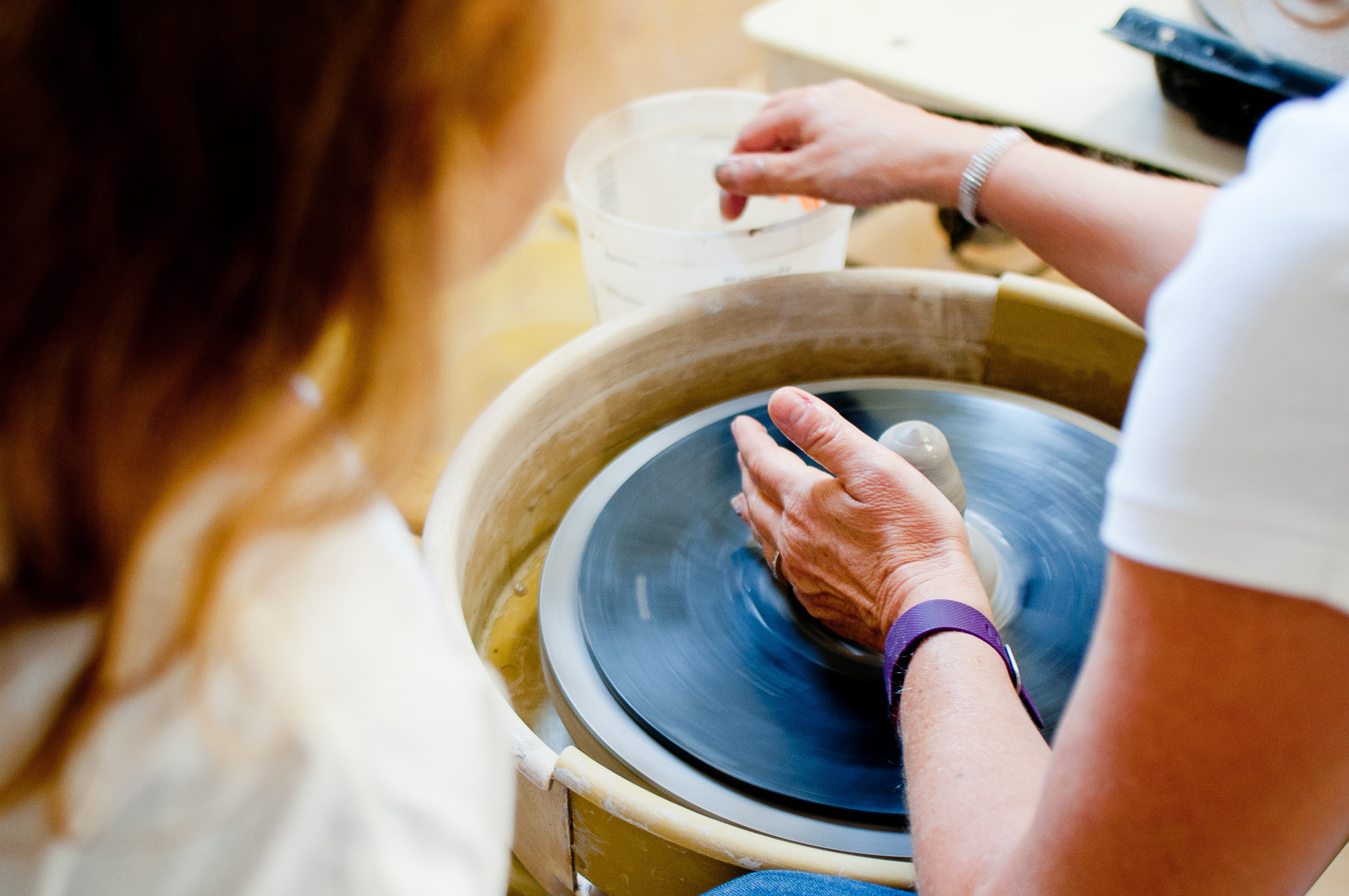Christmas need not be wasteful. Here are some easy ways to minimise the impact your Christmas has on the planet this year.
1. Don’t buy multiple advent calendars
Eating a tiny chocolate at 8am every day is one of December’s many joys. But this year why not start your own family tradition and make a beautiful advent calendar to bring out every year instead? You can still fill it with chocolate, hand-made gifts and other treats! Alternatively you could buy reusable calendars that you can use again and again, to minimise your plastic waste and save money in the long run.
2. Don’t wrap everything in non-recyclable paper
This year is the year of recyclable wrapping! There are lots of great alternatives to traditional wrapping paper: you could try using magazine pages, recycled brown paper or newspaper sheets printed with festive designs. Another great option is pretty second hand fabric from charity shops or haberdasheries. It’s best to avoid wrapping paper decorated with foil or glitter, and unrecyclable ribbons and bows.

3. Don’t ‘Deck the Halls’ with new decorations
Christmas decorations don’t have to consist of metres of tinsel, paper snowmen and singing santas. This year, you could challenge yourself to make your own decorations out of recycled items, look in a charity shop or on eBay for unique festive pieces, or invest in classic reusable decorations you can bring out year after year. Alternatively, you could make the most of the decorations you’ve already got. You’ll save time and money by giving new life to what you’ve used in previous years.
Dried flower petals can also make a beautiful scented alternative to glitter or confetti on your Christmas table.
4. Avoid filling the trolley with excessive Christmas food
Most of us are guilty of the same mistakes when doing the big christmas food shop. We buy too much food out of fear that somebody might fancy something we don’t have, without fully considering how much waste there will be and the impact this will have on the planet. This year, why not make a carefully considered list before you hit the shops to minimise throwing all that excess food away? Waste not, want not!
5. Refrain from panic-buying presents at the last minute
It’s time we started applying some Marie Kondo principles to our Christmas gift shopping as well as our sock drawers! The decluttering expert advises taking time to think about what ‘sparks joy’ in the person you are buying a gift for, then buying (or making, or re-gifting) accordingly. This way you are more likely to give a gift that will be treasured rather than wasted.
There are lots of minimal-waste alternatives to popular gifts. For example: if your auntie loves flowers, why not get her a small tree for the garden? If your mum is something of a gin connoisseur, why not treat her to a gin experience or a gin-themed afternoon tea?
If you have small children it can be tempting to pack their stockings with bits and pieces, but we’d bet that a toddler will get just as much joy from a simple handmade sock toy or a second-hand picture book than from something plastic.
6. Try to avoid online deliveries
If shopping online, opt for experience gifts instead. Most experience gift companies – like Red Letter Days or Buyagift – provide e-vouchers which involve no packaging or transport and are delivered straight to your inbox. Even better, experience gifts can never end up in landfill, and Buyagift also work with Cool Earth to offset four times the amount of carbon generated by the experiences sold. It’s a win win.
7. Consider where the food your buying has been produced
It’s easy to forget to scour the back of a packet of veg to find out where it travelled before hitting the shelves, but we could try making this a habit.
If you don’t have the time or budget to buy from local suppliers (they aren’t always more expensive!) check out this helpful site where you can calculate your ‘food carbon footprint’ and find ways to reduce it.
There are also many waste-free supermarkets popping up across the UK, take your tupperware instead of using plastic bags.
8. Avoid adding new additions to your Christmas jumper collection
Everyone loves a cheery Christmas jumper, and it’s really easy to customise an old one, so put your crafting DIY skills to the test!
9. Remember that if you buy cheap, you buy twice
Get your long-term-savings hat on and go for the longest lasting items that you can afford. Sites like Buy Me Once are a good starting point (we love their durable tights collection: goodbye ladders!). If you buy people long-lasting presents this Christmas rather than lots of cheap bits and pieces, neither you (nor them) will have to buy the same thing again next year.

10. Buy one present for everybody
Buying gifts for loved ones is very much in the spirit of Christmas, and can be lots of fun! But to reduce waste this year, there are ways to gift that are a little more eco-friendly. For example, rather than buying your cousins, auntie and uncle all individual presents, why not treat them to a sustainable experience day out that they can all enjoy together: like a theatre trip or escape room? You’ll only need to buy one thing which in itself it less wasteful, and they’ll make some great memories when they go and do it together.
Another idea is to run a Secret Santa amongst close family and friends. Set the budget a little higher, and focus on buying something unforgettable and sustainable for just one person, rather than five! No doubt you’ll all save money, and the well thought-out gifts will be experienced or treasured, rather than used once never to be seen again.



